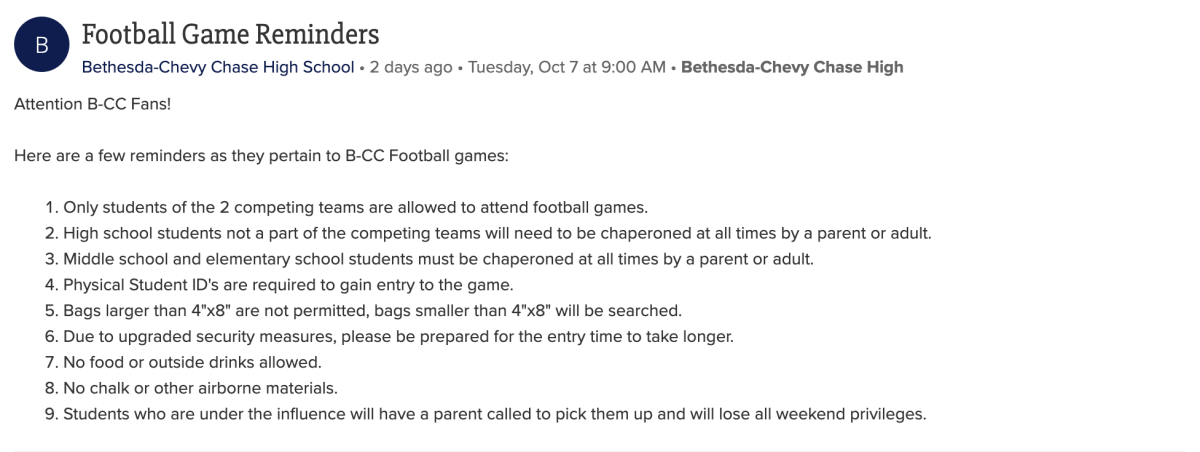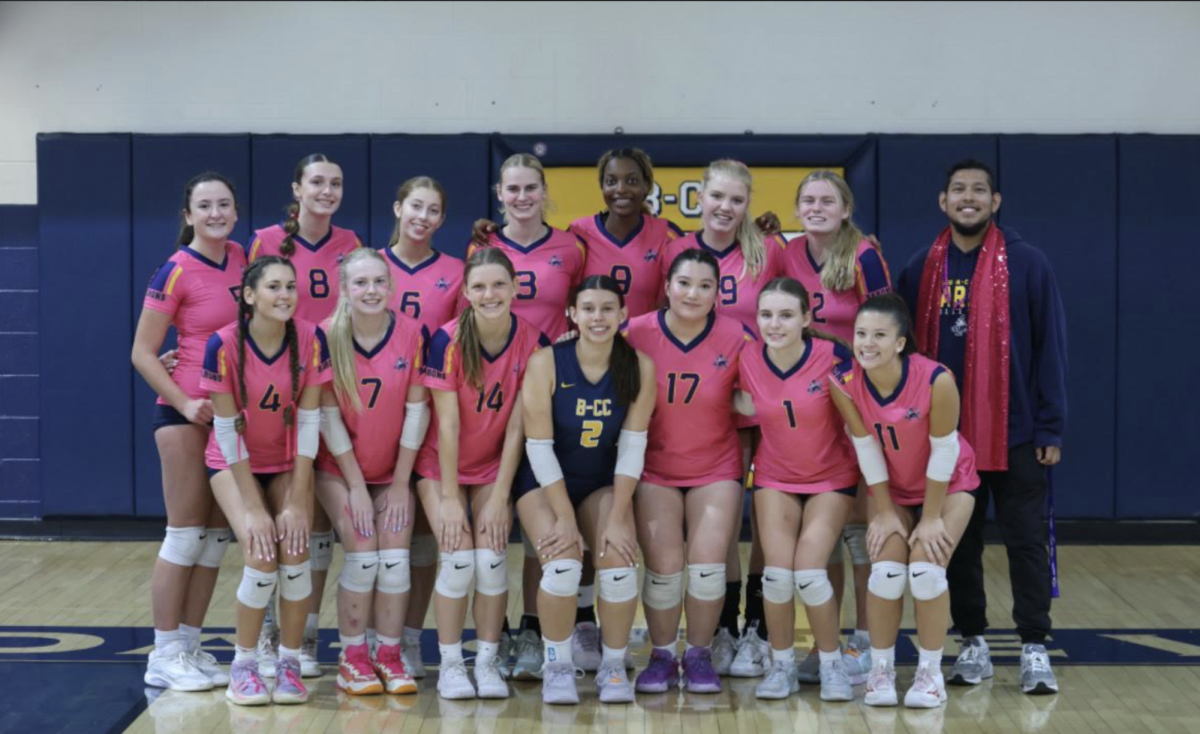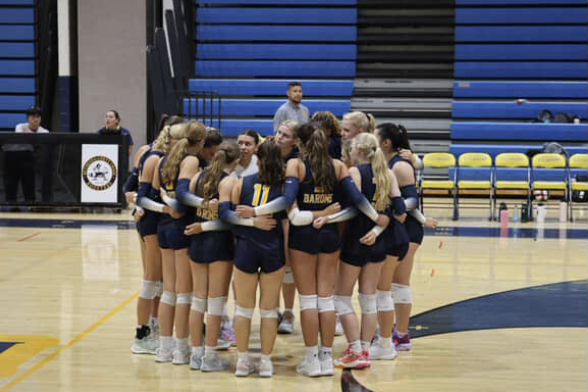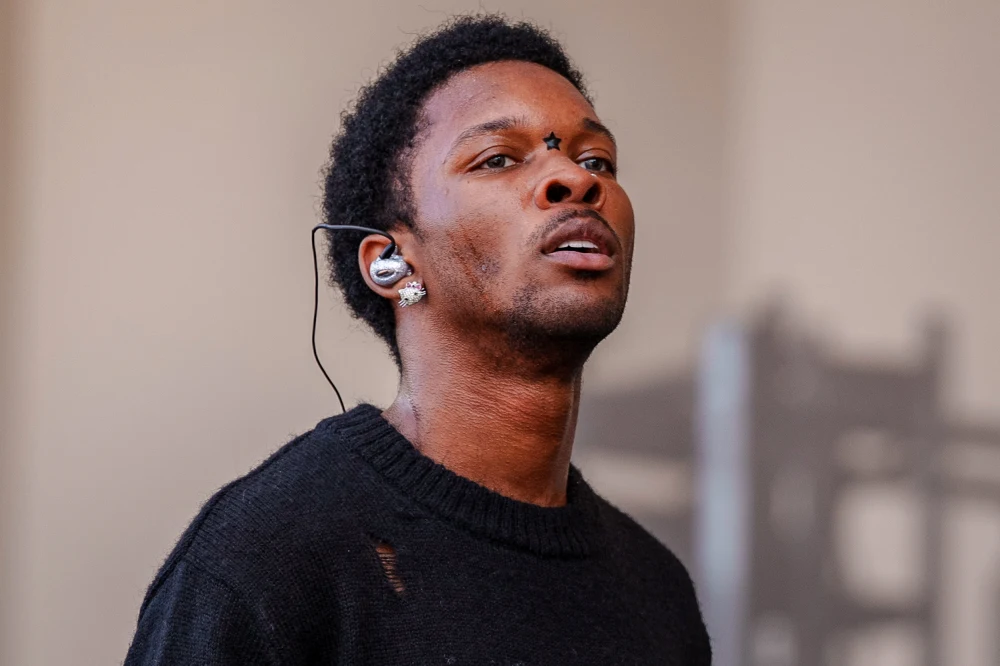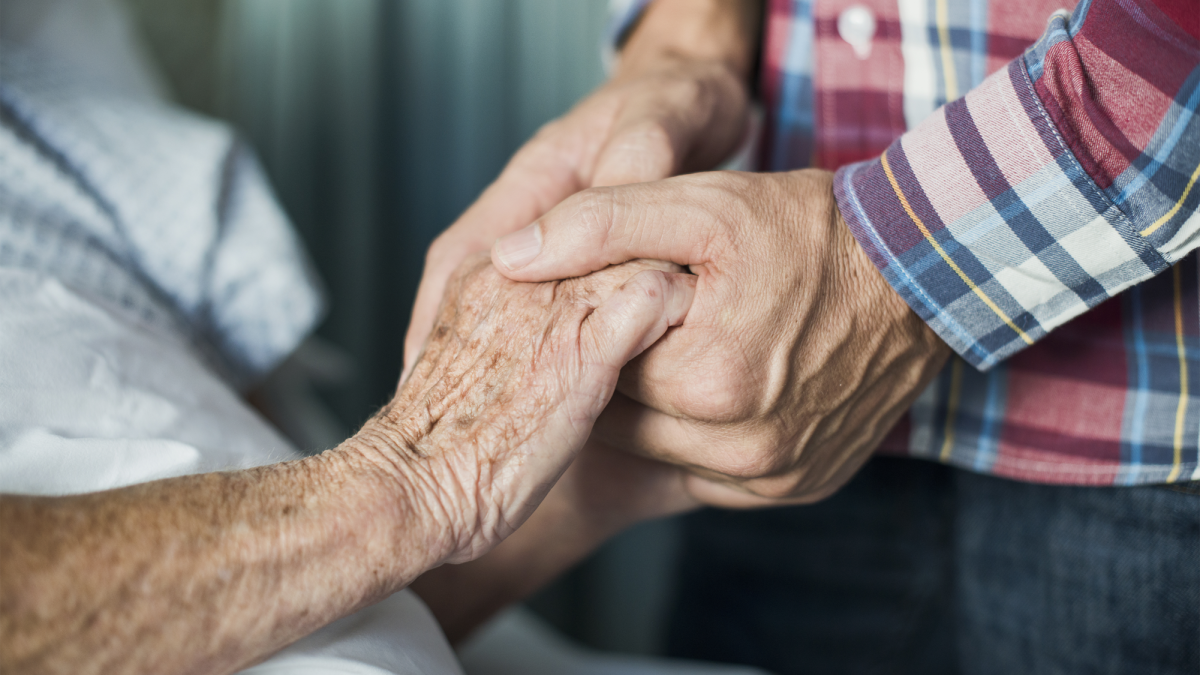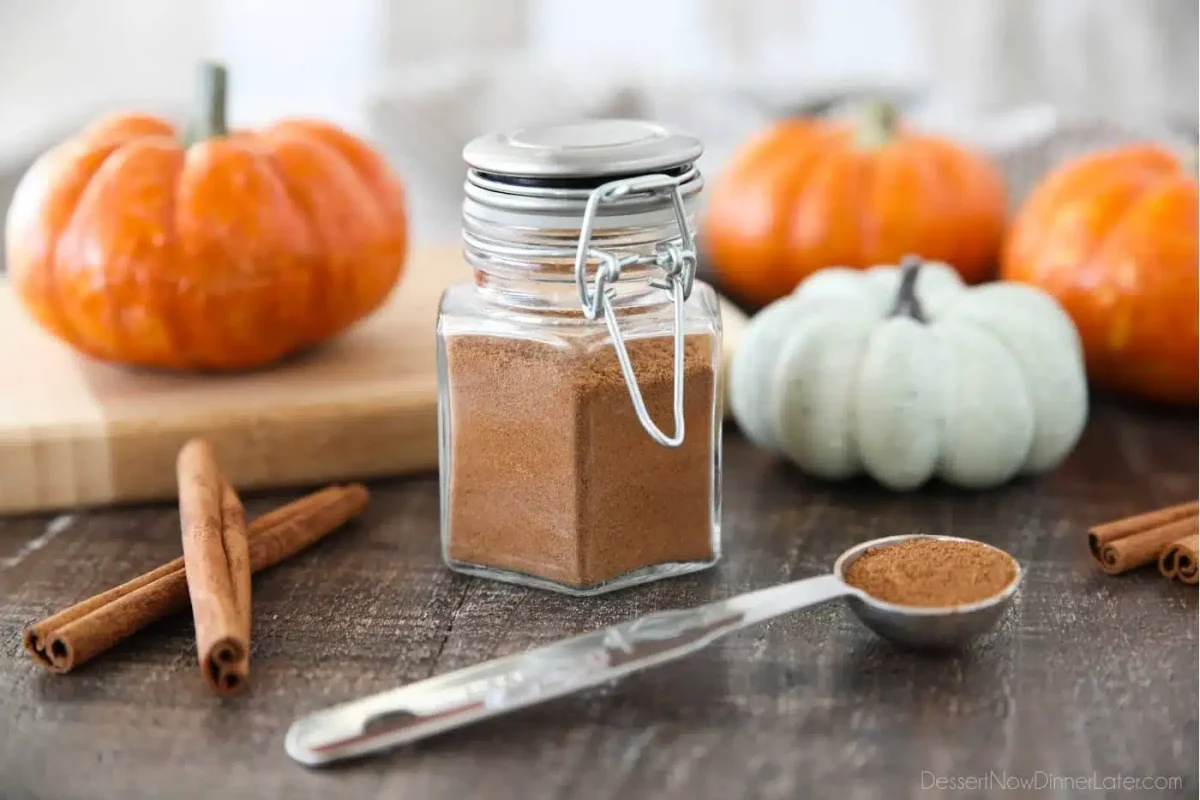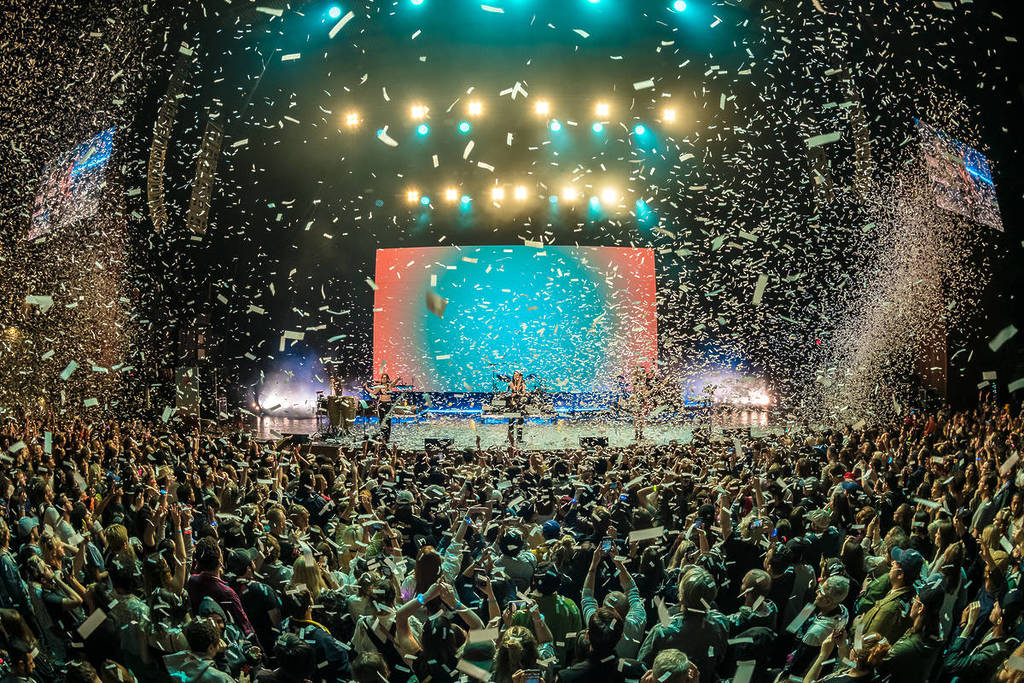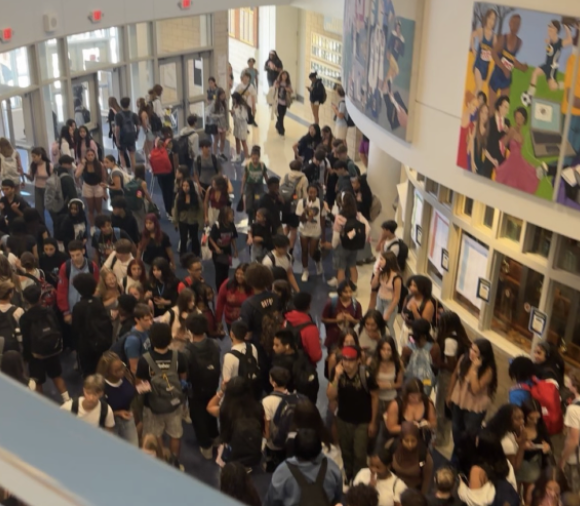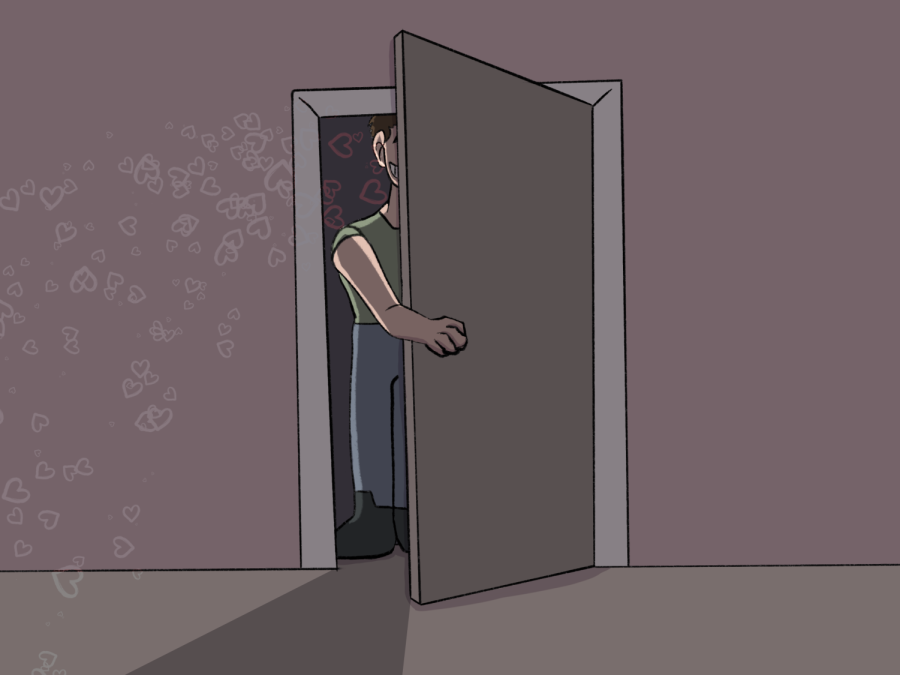Hookup culture: In or Out?
December 2, 2022
“I felt forced to participate [in hookup culture] at a young age because most of my friends were participating, not because the guy was pressuring me to,” an anonymous B-CC student said. Not a unique experience, hookup culture has been very prevalent in recent years, particularly in the high school scene.
But what is hookup culture? In the eyes of B-CC students, it is having a short-term ‘situationship’ with someone or multiple people. It has been deemed as “toxic and messes up your perception of what love truly is” described another B-CC student. Although it is a social expectation, it is not a healthy one.
The same B-CC student explains how there is a “social pressure to have your first kiss, a high body count, and have sex [by a certain age].” This mindset creates a harmful environment both inside and outside of school, pressuring kids into things they might not want to partake in.
When talking about how society pressures people into hookup culture, a senior at B-CC pointed out that “boys can especially feel pressured to participate because it is deemed ‘cool’ by their guy friends for the number of girls they’ve hooked up with and they are especially praised for losing their virginity.”
Putting this pressure on teens to have sex (usually before college) should not be something imposed upon teens, rather, it should be everyone’s individual decision.
In recent years hookup culture “has been more normalized because of social media and the ability to communicate with the gender of your preference on different platforms.” Expectations from peers and the media have been enforced through online platforms, such as TikTok, Instagram, and Snapchat. As well as it being easier to seek people out, social media has “influenced younger generations.” People’s ages at which they had their first kiss, losing their virginity, etc. have seemed to become younger every year.
Aside from toxicity and social pressures, being intimate with others gives people comfort and a sense of validation that some may be seeking for. Social media has taken a toll on self-confidence in teens, making hookup culture more relevant to fill that need. Hookup culture can confirm to people that they are good enough and pretty enough. In some cases though when partners don’t communicate, not knowing what stage you’re in, the talking stage, snap-chatting each other, and hanging out in person, can make you feel worse and even more confused about the status of your ‘relationship.’
While talking to another B-CC senior, he mentioned how “you can gain feelings from [casually hooking up], but if the feelings aren’t mutual it can affect the person” and possibly the status of the relationship.
In other cases though, this can lead to a real relationship or dating. But some don’t want a relationship and that is part of their reasoning for partaking in casual make-outs.
It could be that you like to participate in this culture, but many people have implied that the peer pressure and social environment around them have made them feel as if they need to engage, particularly starting young.
For many people, lying about the status of their relationship with another person is common, making it hard to know their feelings and what they ‘are.’ Not “putting a label” on the relationship, makes it unnecessarily hard to know if the relationship is going somewhere or not. As well as being dishonest to your partner about personal things including age, people lie to themselves about how they really feel to fit the norm.
“Being wanted and people wanting to hook up with you validates the idea that you are attractive,” adds one of the interviewers. Although pressure is a main component in hookup culture, it is not the only reason for participating.



